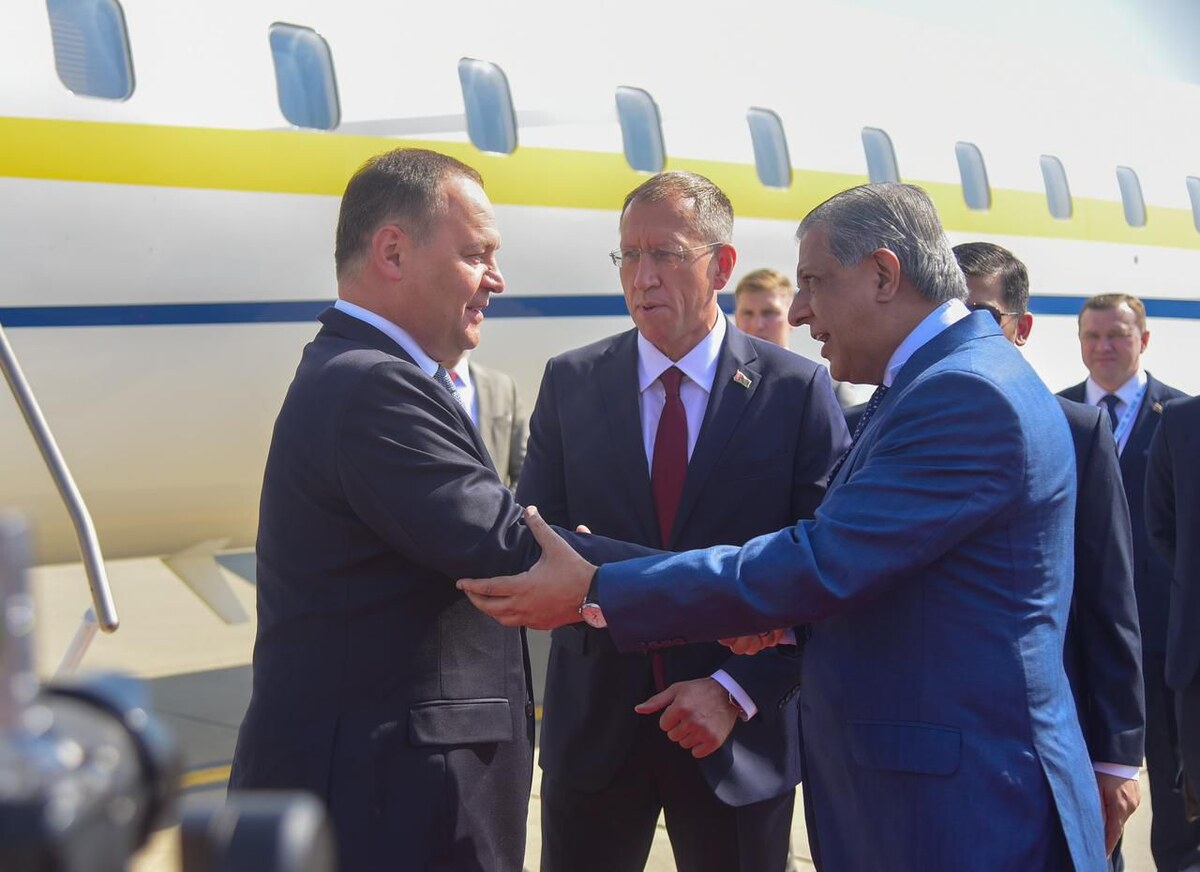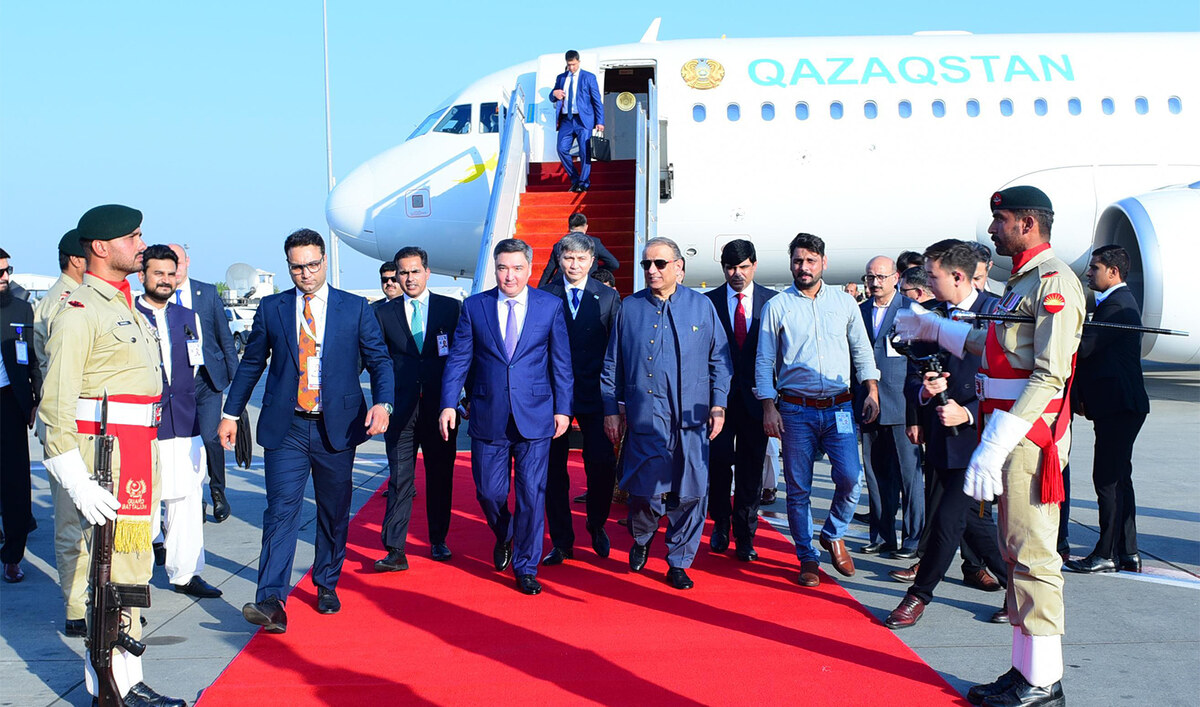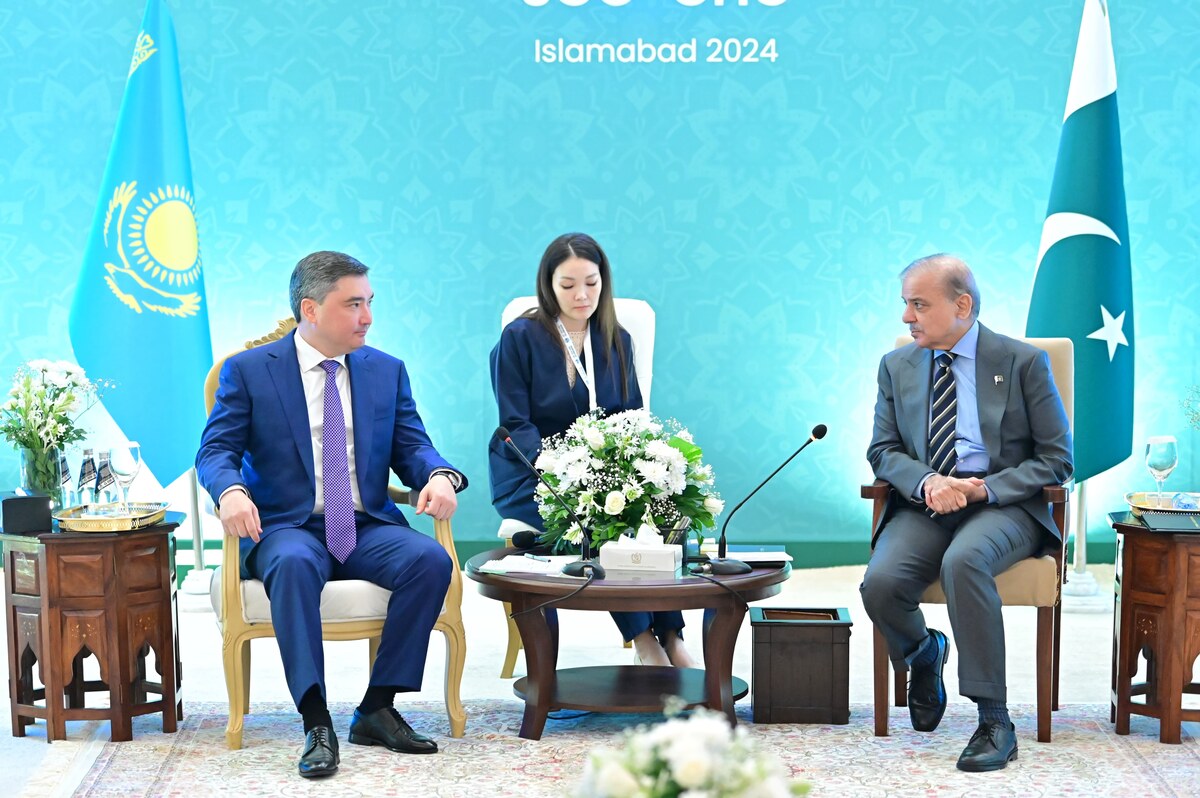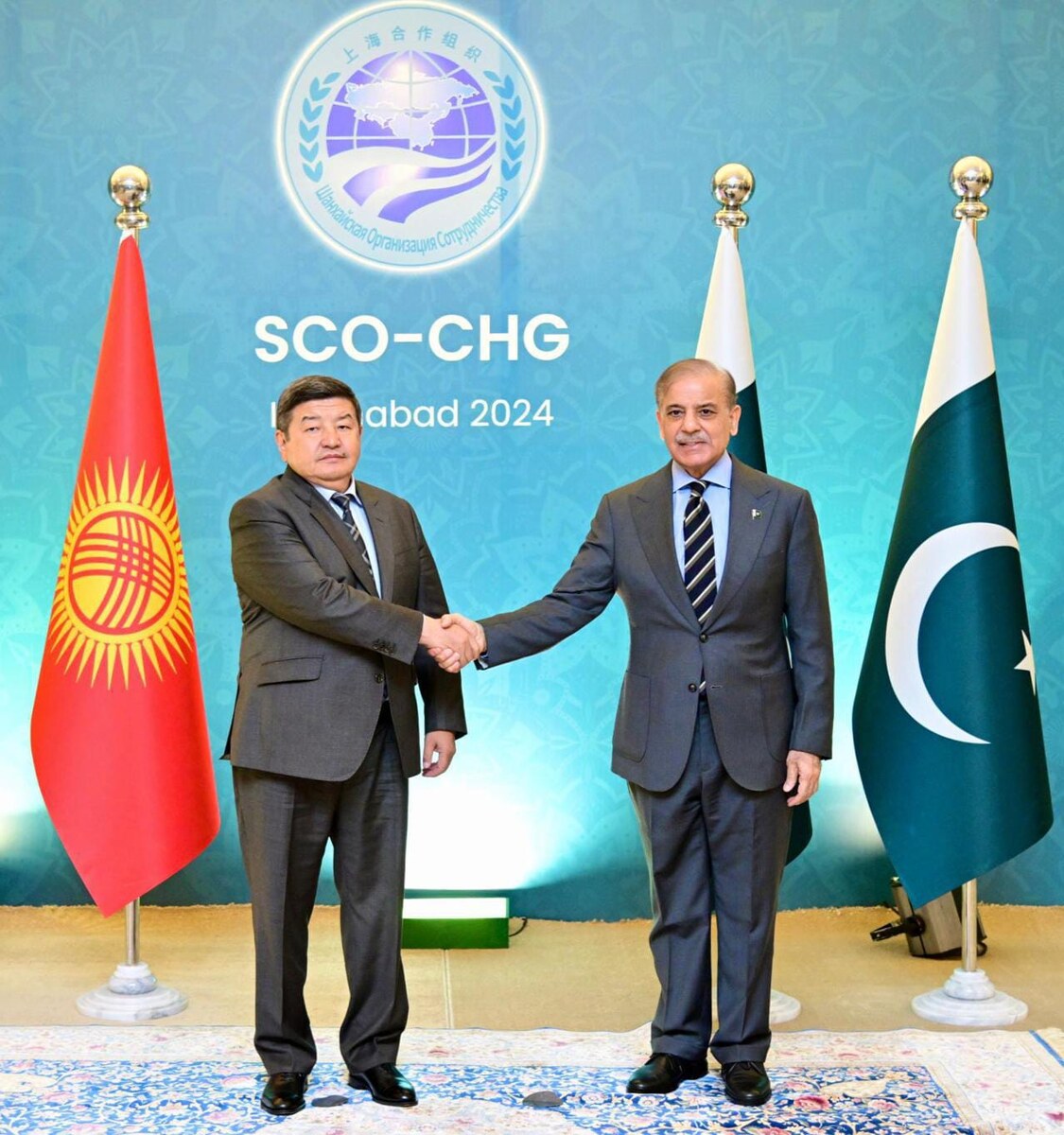ISLAMABAD: Prime Minister Shehbaz Sharif said on Wednesday the government is working to increase innovation, sustainability and modernization in the agriculture sector to support farmers, according to an official statement issued to mark World Food Day.
The day, celebrated annually on October 16, marks the establishment of the Food and Agriculture Organization (FAO) and promotes global food security by raising awareness of hunger and encouraging action for a sustainable future.
As an agricultural nation, Pakistan faces significant challenges from climate change, with erratic weather patterns, heatwaves and droughts affecting agricultural yields.
In response, Pakistan has sought collaboration with nations like China, focusing on technology and innovation to modernize its agriculture sector and address climate-related issues.
“Our farmers are the backbone of the food system, who with their dedication and hard work, ensure that we have enough to eat,” the prime minister said. “We are committed in supporting them with policies that focus on innovation, sustainability, and modernization in the agricultural sector. Our government is facilitating farmers to equip themselves with the technology they need to thrive in today’s world, including access to modern agricultural machines, improved infrastructure, and better market access.”
He noted that his administration was promoting and facilitating support small and medium enterprises (SMEs) in the food processing sector.
“Our focus is the empowering the rural women entrepreneurs, who form a key component of our rural economy, to ensure that they also actively participate in this sector,” he added. “Our vision is to integrate Pakistan into the global food value chain by fostering public-private partnerships, encouraging foreign investment, and promoting export-oriented growth in agriculture and food processing.”
The prime minister expressed confidence that Pakistan would be able to overcome the challenges of hunger, malnutrition and food insecurity by implementing efficient policies in the area.
“Let us work together to build a society where farmers are supported and facilitated to adopt sustainable agricultural practices so that everyone has access to nutritious food, and we are also able to ensure food security for our future generations,” he said.
Pakistan PM pledges innovation to boost agricultural yield on World Food Day
https://arab.news/yh2tp
Pakistan PM pledges innovation to boost agricultural yield on World Food Day

- An agricultural nation, Pakistan has faced significant challenges in the field of agriculture due to climate change
- PM says his government wants to empower rural women entrepreneurs, ensure their participation in the sector


























